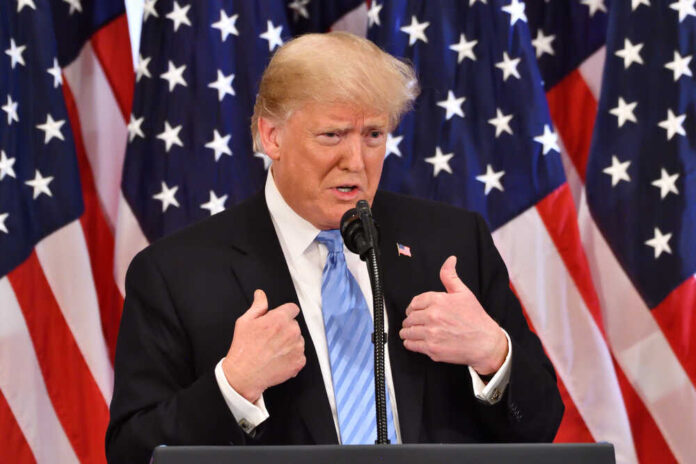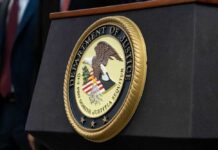
(HorizonPost.com) – Based on questioning during last week’s oral arguments before the Supreme Court, it appears that both the conservative and liberal justices were deeply skeptical of the Colorado Supreme Court’s decision to exclude Donald Trump from the primary ballot, CBS News reported.
The Colorado Supreme Court ruled that Trump was disqualified due to his involvement in the January 6 riot at the US Capitol based on Section Three of the 14th Amendment, which prevents officials who previously swore an oath to support the Constitution from serving again if they engage in insurrection.
Trump appealed the decision to the Supreme Court
Throughout the two hours of oral arguments, the justices seemed skeptical as to whether states had the power to disqualify presidential candidates under Section Three. Several justices, including Chief Justice John Roberts, also voiced concern about the broader implications of the Colorado high court’s decision.
Chief Justice Roberts said the state supreme court’s decision was “very ahistorical” and contrary to “the whole thrust of the 14th Amendment.” He suggested that it could open the door to some states unilaterally deciding to bar both the Democrat and Republican candidates from the ballot, leaving only a handful of voters in some states to decide a presidential election, a consequence he described as “pretty daunting.”
Liberal Justice Elana Kagan also expressed concern about the broader implications of the Colorado decision.
Justice Brett Kavanaugh suggested that the Colorado ruling would deprive voters of their right to elect the candidate of their choice, saying the effect of the ruling would disenfranchise voters “to a significant degree.”
The attorney representing Norma Anderson, the 91-year-old Kansas Republican who sued to block Trump from the state ballot, argued that Trump should be barred because he attempted to “disenfranchise 80 million Americans who voted against him.”
Liberal Justice Ketanji Brown Jackon questioned why the drafters of Section Three did not include the president in the “very enumerated list.”
Attorneys representing Donald Trump argued that Section Three does not apply to the president because the president is not an officer of the United States in the way the Constitution uses that term.
With the Colorado primary scheduled for March 4, the Supreme Court decision is expected soon.
Copyright 2024, HorizonPost.com














